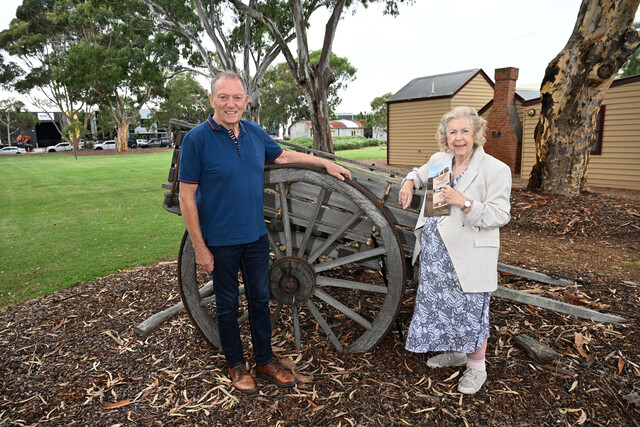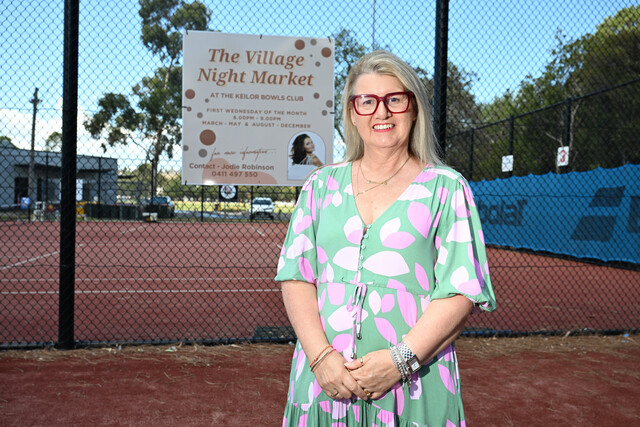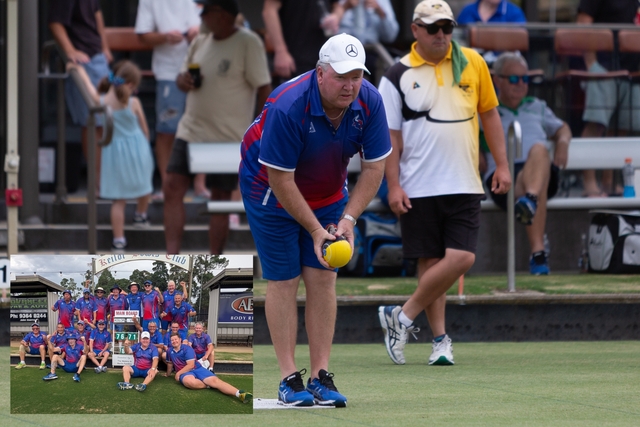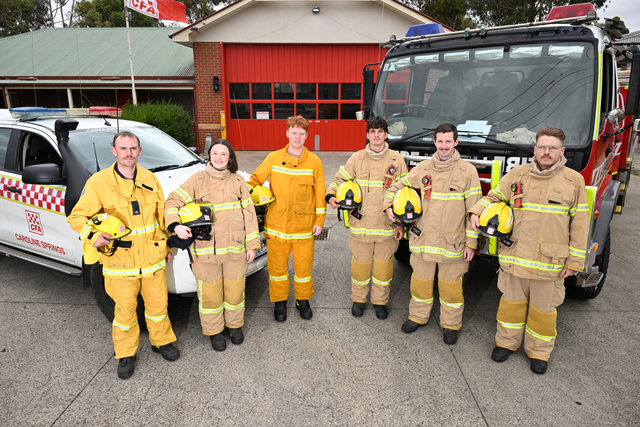The tiny finger was lifted in the air for a moment with imperious disgust, the little face screwed up with all the contempt a two-year-old could muster.
Slowly, deliberately, the lovingly prepared and nutritious meal was pushed away by the toddler with said finger until the offending plate was as far away as his little arm could manage. Then, turning to his dismayed mother, he barked his preferred order like an impatient sergeant-major: “Chocolate!”
Easter was just a week before, and the sweet and dreamy reality of chocolate had for the first time hit home. Being secretly fed a 24-hour diet of little eggs by his enthusiastic older siblings didn’t help either. He hadn’t had a bite since but the memory was strong. Clearly this was going to be a big relationship for our little boy.
I took a breath and glanced at my husband. Then I spoke calmly: “No, there’s no chocolate. This is what we’re having for dinner and there’s nothing else.”
The fearsome child narrowed his eyes and, displaying an impressive early appreciation of mid-century Linda Blair, slowly growled again – “CHOCOLATE!!”.
Another quick breath. Another calm refusal. A terrifying silence. And then our boy let slip the dogs of toddler war.
I remember from my own childhood as one of seven – and from the high-rotation childbearing of my siblings – that the first few toddler tantrums could be wall-shaking. But I had forgotten that, when it’s your own blessed child, the stomping, screaming, wailing and crying come with the added bonus of fear, guilt and a total lack of faith in your own judgment. All we had was instinct and instinctively we had decided this was one we were not going to lose.
I must say, I was impressed by his commitment. Raging up and down stairs, in and out of rooms – arms flying, feet kicking – for a full 45 minutes is no easy feat, particularly when you are genuinely hungry. A mollifying offer of going straight to his usual dessert of fruit and yoghurt appeared to be accepted with pitiful exhaustion, only to be rejected with fury a moment later. It was a helluva performance, one only ended by the enduring pleasure and calm of a warm bath, books and bed. By which time we both had a stiff drink.
It is curious that on reflection there was little in our boy’s performance that I haven’t seen on a daily basis in most common social settings. The unreasonable, selfish demands of a workmate; the colleague who stubbornly digs herself into a hole of her own making and refuses to be rescued; frustration and temper when something doesn’t work; the inability of a boss to admit a misstep and accept a compromise.
Writ small on the tear-stained face of this boy was the same obstinacy, anger, resentfulness and inability to see a way out of a combat of wills. So it’s true: not all of us end up as socialised as we think.
I’m beginning to realise that there has to be a management book in toddler training. The amount of behaviour I see in the adult world that mirrors that of a two-year-old is astonishing. The book could offer advice on encouraging self-reliance and resilience; engaging positively and the danger of negative reinforcement. Dealing with temper tantrums and unreasonable demands.
Problem solving and compromise. The importance of leadership. Oh, and of course the importance of cutting off the cordial and popping someone into bed when they’ve cracked it. If only.

















